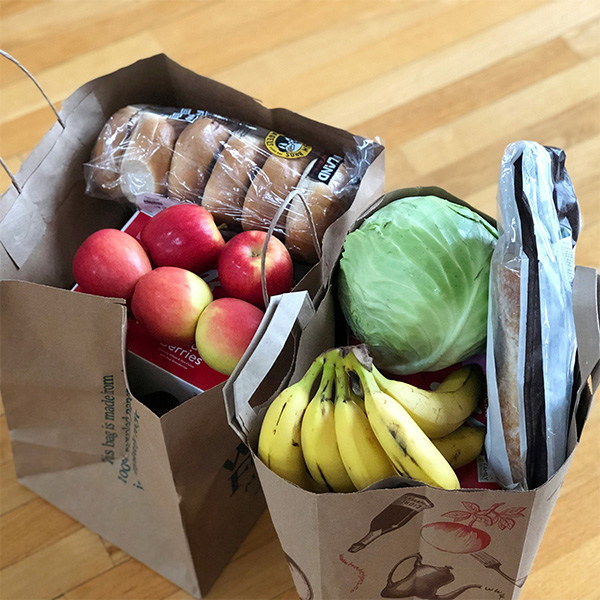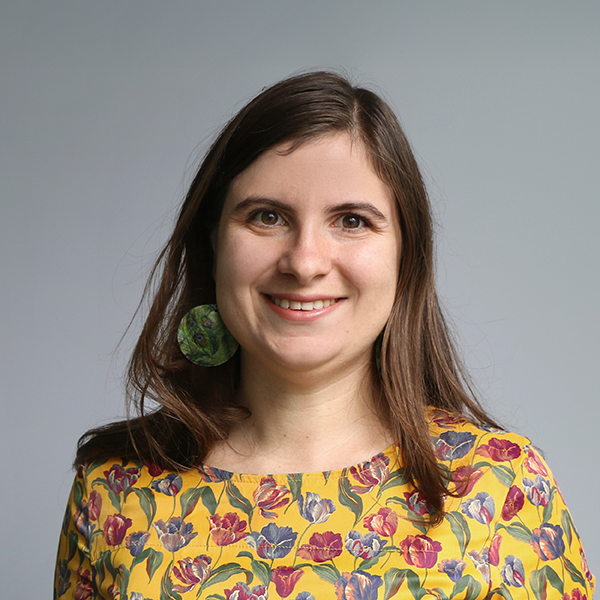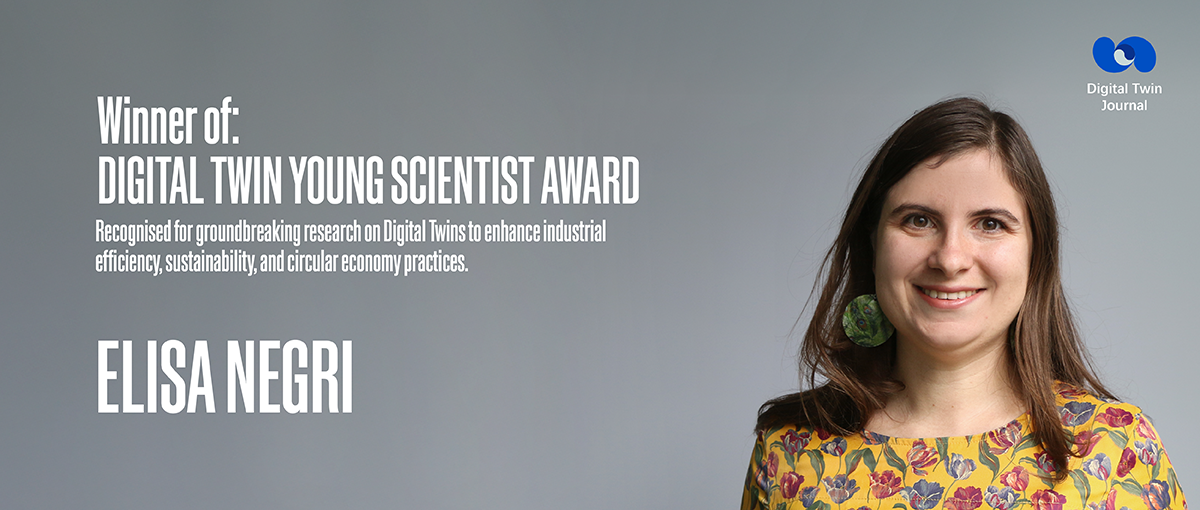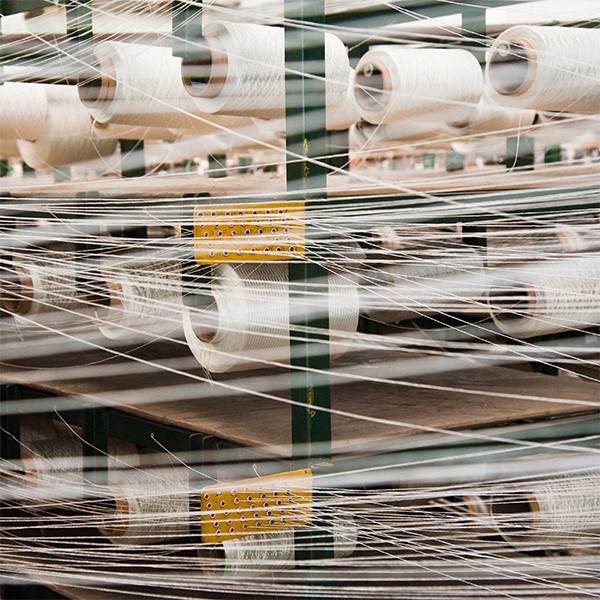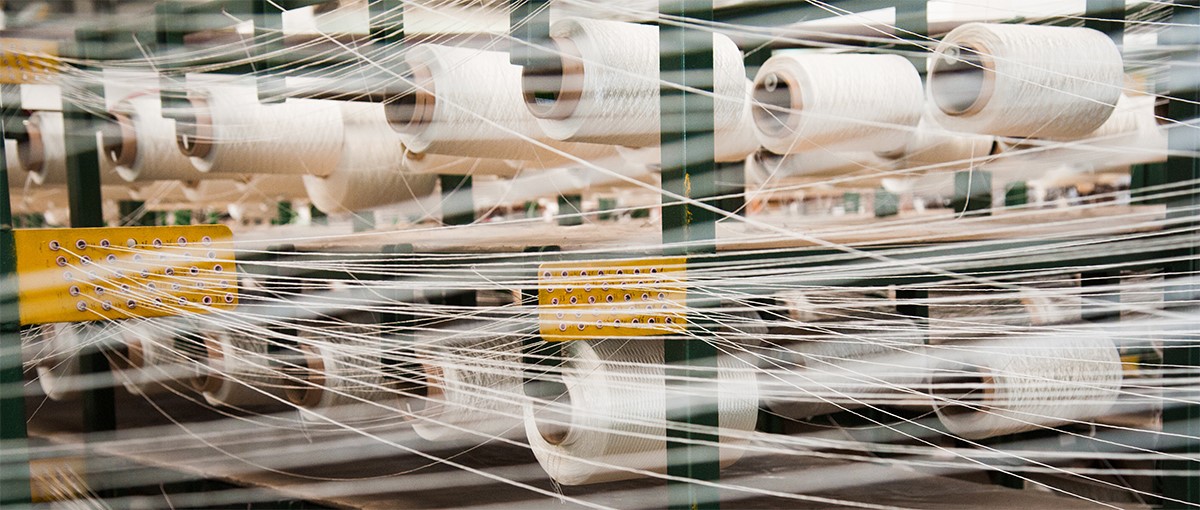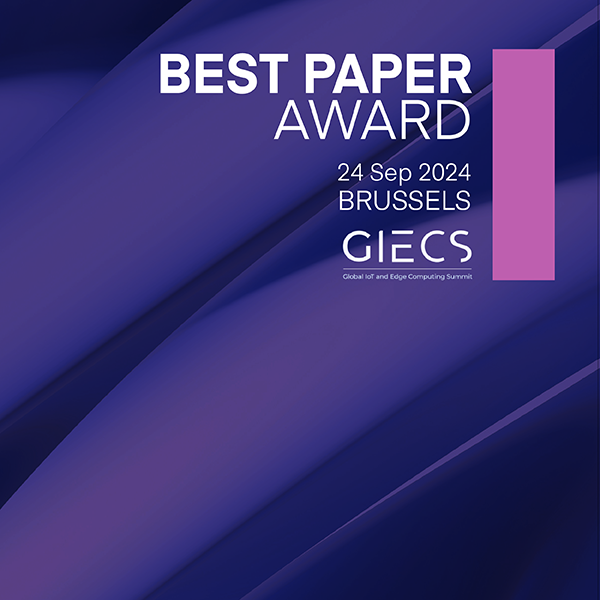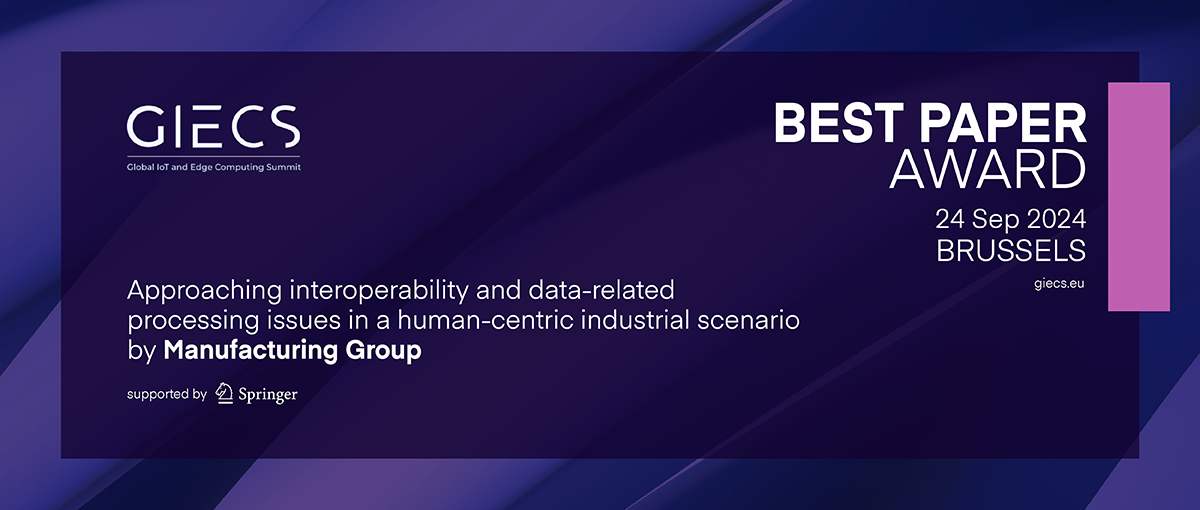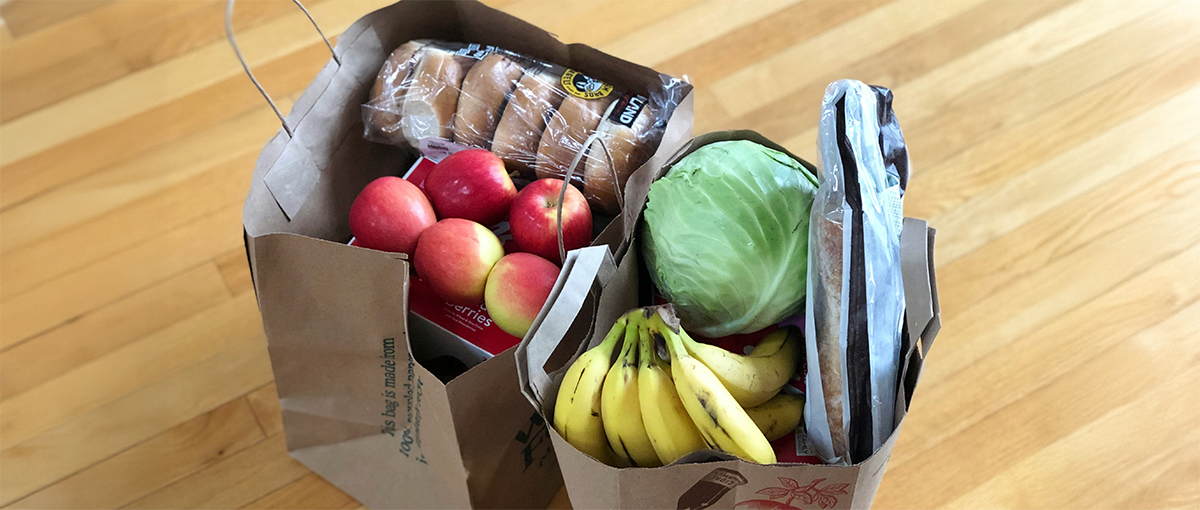
The results of the Milan Hub network, new projects for the future and the involvement of the City of Milan’s partners in the city’s food policy were presented on the Day against Food Waste on 5 February 2025. A collective and concrete commitment, looking to the future, with structured and coordinated actions to transform the fight against food waste.
On the occasion of the National Day for the Prevention of Food Waste, 5 February 2025, the Deputy Mayor for Food Policy and Agriculture, Anna Scavuzzo, together with food policy partners, including the POLIMI School of Management of the Politecnico di Milano, presented the results of the last year’s food policy and the management of food distribution centres, as well as the projects and actions planned for the coming year, in the premises of Sogemi – Milan Food Marke.
“A day to discuss, measure the results achieved and evaluate the tools we have put in place that, over time, have made food policy a participatory, effective and innovative urban practice”, stressed Deputy Mayor Scavuzzo. “Today, the fight against waste is increasingly characterised by broad and joint actions capable of restoring the value of food and underlining the commitment to talk about health and sustainability as an inseparable pair”. 2024 was an important year: we opened three new Hubs thanks to Earthshot Prize funds, which we invested in a smart, efficient and forward-thinking way. We strengthened the Hub network across the city, increasing food recovery by more than 25% compared to 2023. We intensified the recovery of surplus food in school canteens through the use of cargo bikes and promoted guidelines to optimise the recovery and redistribution of surpluses with the Politecnico di Milano, supported by Fondazione Snam ETS. And again: the Foody Zero Waste Hub in Sogemi and the study for a new tool linked to the study of the impact of different projects on the reduction of food waste. I2025 will be an intense year: ten years after Expo Milano 2015, next October Milan will once again become an international meeting point for cities from all over the world, coming together for the ninth edition of the MUFPP Global Forum”.
In 2024, the network of the five already active Food Aid Hubs (Isola, Lambrate, Gallaratese, Foody zero waste and Centro) was expanded and three new Hubs were opened: Selinunte, Loreto and Cuccagna. Thanks also to this implementation, 795.3 tonnes of food were recovered in 2024 (615 tonnes in 2023), reaching 14,973 households for a total of more than 126,000 people and 3,867 minors with more than 1,590,000 equivalent meals and 176 associations served.
In order to make the system even more efficient, in 2025 the Food Policy and Welfare Departments of the Municipality of Milan, together with the organisations and associations of the QuBi network, will launch a joint action to deepen the mapping of available resources and hub networks at municipal level.
What’s new in 2025: the new Sogemi Foody zero waste hub, the recycling project in school canteens and the guidelines of the POLIMI School of Management of the Politecnico di Milano.
Of the 795.3 tonnes of food recovered, more than 440 tonnes were collected at the Foody Zero Sprechi hub, located in the Sogemi food market: of all the hubs operating in the city’s network, it proved to be the most efficient in terms of the volume of surpluses recovered and redistributed, thanks to the synergistic work of four managers and the commitment of 99 wholesalers for the redistribution of fruit and vegetables to more than one hundred third sector organisations operating in the city. To continue along this path, in the course of 2025, thanks to a new agreement with the City of Milan, the Hub will find a new location in the spaces of the new pavilion and will expand in terms of action and openness to the city.
This year will also see the development of an experiment begun in 2024, in which Milano Ristorazione, in collaboration with the Food Aid Hub network, will play a leading role in the recovery of surplus food in school canteens through the European project Cultivate, funded by the Horizon Europe programme.
The project, to be launched in Municipalities 4 and 5, resulted in an agreement in December 2024 between Fondazione Snam ETS, the Municipality of Milan and Magma Srl for further implementation with the use of cargo bikes for the sustainable transport of surpluses, as well as various actions such as training sessions on healthy and sustainable food in schools.
As part of the ‘systemic actions’ that the City of Milan will undertake to implement the city’s food policy, there will be two areas of development in 2025:
- the presentation and dissemination of the guidelines, made possible thanks to the contribution of the Fondazione Snam ETS and in collaboration with the POLIMI School of Management, which was responsible for collecting and monitoring the data and results of the Hub model in order to optimise recovery and redistribution and to become an operational tool for public administrations, third sector organisations and professionals interested in developing similar projects;
- the redistribution of the remaining Earthshot Prize funds for Food Aid Hub activities among the co-design partners that will have achieved the defined KPIs according to a composite index, based on impact parameters.
